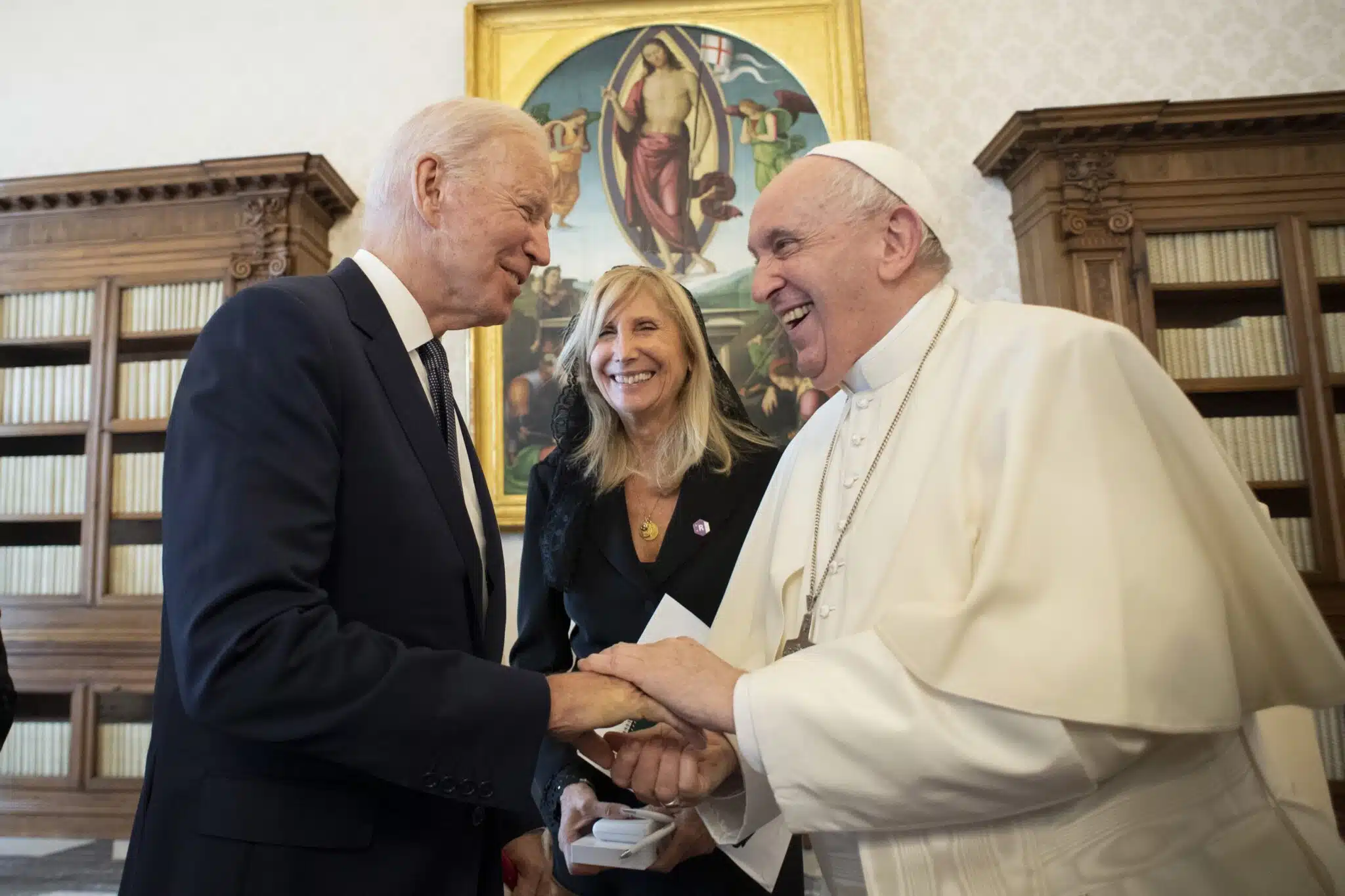“My only regret is that, involuntarily and unwittingly, I sometimes raise my voice when correcting people.”
—Letters, Vol. 1, 1305
All of us have had times when we’ve reacted harshly or unkindly to someone. Padre Pio was not exempt from this either. At times he would scold people who he felt weren’t truly sorry for their sins or if he thought they had not come to confession for the right reasons. (Some people would come to his confessional simply because they wanted to see the priest with the stigmata.)
Padre Pio, realizing his tendency to do this, acknowledged this weakness so many of us have and expressed frustration over it. His self-awareness and struggle serve as reminders to be aware of the way in which we speak to others and to try to do so with love.
In Padre Pio’s Own Words
Vainglory, or self-conceit, is the true enemy of souls who are consecrated to the Lord and are committed to spiritual life. That is precisely why it can be said to be the devouring worm of any soul that aims for perfection. The saints have called it the worm that destroys holiness. To demonstrate how self-conceit is the opposite of perfection, Our Lord rebuked the apostles when he saw they were full of self-satisfaction and vainglory after they saw that demons obeyed their commands:
“Nevertheless do not rejoice in this, that the spirits are subject to you” [Luke 10:20].
To uproot the evil effects of that accursed vice from their minds, lest it succeed in insinuating itself into their hearts, he terrified them by giving them the example of Lucifer falling from the heights to which God had raised him, falling because of self-conceit based on the gifts he had received: “I saw Satan fall like lightning from heaven” [Luke 10:18]. This vice is even more to be feared because there is no opposing virtue to counter it. Every vice actually has its remedy in an opposite virtue.
Anger is overcome through meekness, envy through charity, pride through humility, and so on. Only the vice of self-conceit does not have a contrary virtue to counteract it. It insinuates itself into the holiest of actions, and, if it is not recognized, it haughtily sets up its tent even in humility.
(To Fr. Agostino of San Marco in Lamis, August 2, 1913)
Prayer
St. Pio, help us to recognize when we are speaking to others in an unkind or impatient manner.
Spark in us the desire to be gentler when speaking with and of others.








